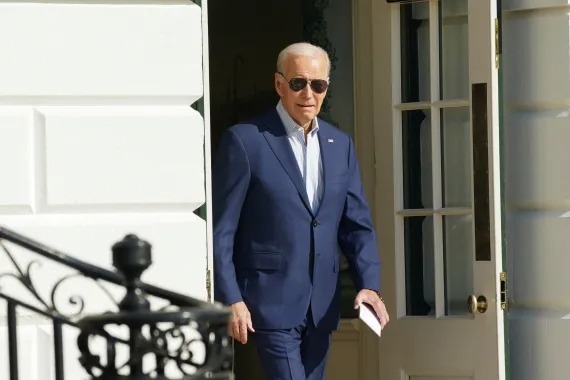McDonald’s and Starbucks find themselves at the center of controversy in Indonesia as citizens rally together in a widespread boycott. The outrage stems from McDonald’s Israel’s recent revelation that it provided free meals to the Israeli military, sparking a wave of discontent across the nation. This move has prompted Indonesians to shun not only McDonald’s but also Starbucks and other businesses perceived to support Israel, raising questions about the global impact of local business decisions.
McDonald’s Announcement Sparks Nationwide Outcry
The boycott gained momentum after McDonald’s Israel proudly declared on social media that it distributed thousands of complimentary meals to the Israeli military during its conflict with Hamas. Ade Andrian, operational manager of the Medan branch of the Medical Emergency Rescue Committee (MER-C), expressed his disbelief, stating that he had been a regular McDonald’s customer until the unsettling revelation. Calls for a boycott were swiftly endorsed by Indonesian organizations, including the Boycott, Divestment and Sanctions Movement (BDS), the United People Front (FUB), and the Islamic Defenders Front (FPI).
Indonesia’s Strong Stance on Palestinian Solidarity
Indonesia, the world’s most populous Muslim nation, has a long history of sympathizing with the Palestinian cause. The country lacks an Israeli embassy, and its President, Joko Widodo, has actively urged U.S. President Joe Biden to intervene in the Gaza conflict. The recent closure of McDonald’s and Starbucks branches near the National Monument in Jakarta during a demonstration indicates the deep-seated solidarity among Indonesians. Tens of thousands gathered to demand an immediate ceasefire in Gaza, emphasizing the nation’s commitment to supporting Palestine.
Businesses Face Dwindling Patronage Amidst Controversy
Despite McDonald’s Indonesia’s attempt to alleviate tensions by announcing humanitarian assistance for Palestinians, the impact on its business is palpable. A McDonald’s branch in Medan, which typically thrives, reported a noticeable decline in customers. Similarly, a Starbucks branch in Focal Point Mall, Medan, witnessed an uncharacteristic decrease in footfall. While the reasons behind the reduced patronage are not entirely clear, the boycott calls are suspected to be a contributing factor. The Indonesian Ulema Council’s fatwa, declaring it haram to support Israeli aggression, further intensifies the scrutiny faced by these global franchises.
As McDonald’s Corporation and Starbucks grapple with the fallout from the controversy, Indonesians like Andrian remain steadfast in their commitment to the boycott. The corporations, while expressing dismay at the perceived misinformation, reiterate their neutral stance on global conflicts. Yet, for those like Andrian, supporting brands associated with Israel remains inconceivable. The unfolding events underscore the delicate balance multinational corporations must navigate in a world increasingly attuned to the socio-political implications of their actions. The impact of this boycott in Indonesia could potentially reverberate beyond its borders, signaling a growing intersection of global commerce and geopolitical sentiment.
















